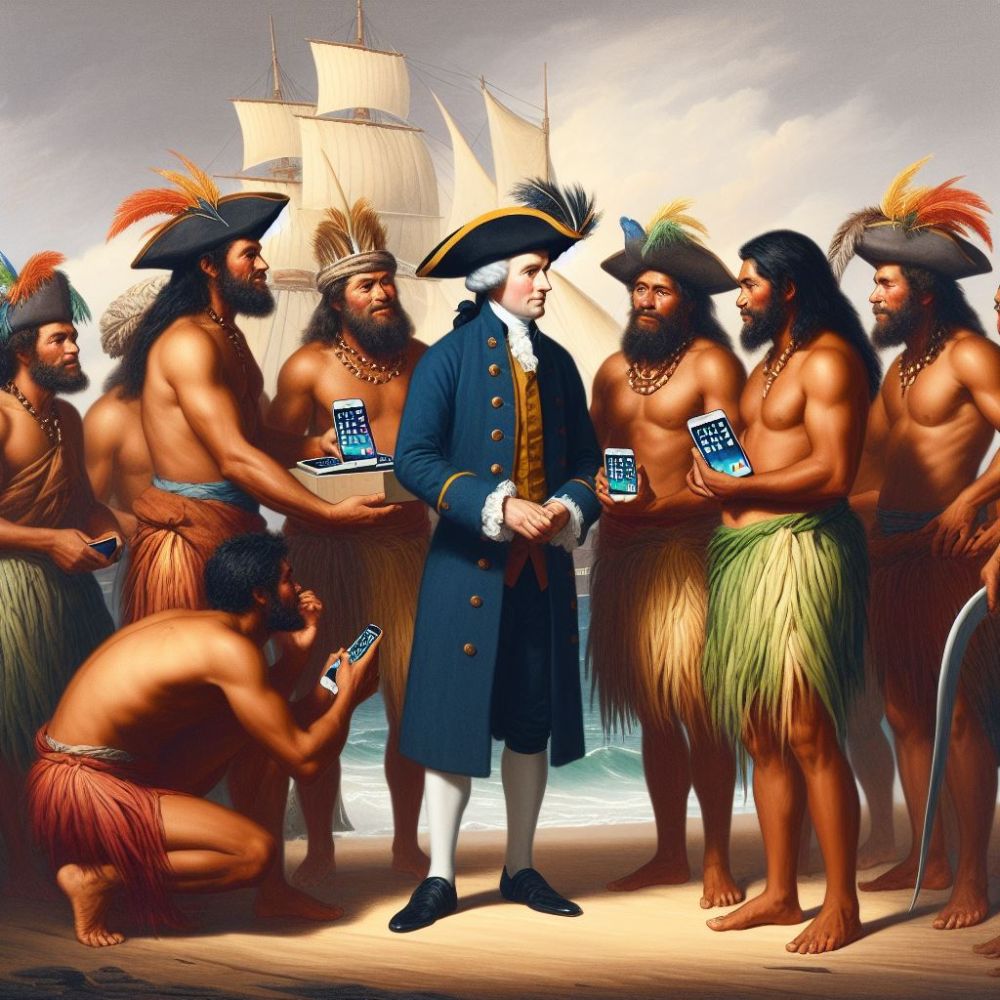Barter
|
Banking basics
A recap of a few things you’d think financial professionals ought to know
|
Barter
/ˈbɑːtə/ (n., v.)
In the absence of a common framework for exchange of abstract value, the exchange of one good for another.
In an entertaining passage of his entertaining book, Debt: The First 5,000 Years, the late David Graeber addresses the commonplace wisdom that fiat currency grew out of a system of barter between “savages”.
Not only, says Graeber, is the necessary “double coincidence of needs” that barter implies implausible — you want loaves, which I happen to bake, and I want barrels, which you happen to make[1] — but the anthropological record — Graeber was an anthropologist, so well placed to know — shows no evidence that barter ever happened at scale, at least not within communities with any level of trust or familiarity. The idea that money grew from barter is imaginary, the product of the colourful metaphors of Aristotle, Adam Smith and others.
Where there is evidence of barter was between strangers, and groups between whom trust was low: rival tribes in Papua New Guinean rainforests, shiploads of Her Majesty’s finest colonial oppressors, trading rifles, blankets and influenza for sweet potato, flightless birds and sovereignty.
Money being only of any use within a community of trust — I say this on the hoof, res ipsa loquitur and without supporting evidence or argument, but it is hard to see anyone accepting a promissory token offered by a stranger in any other circumstances.
Barter is, therefore a local maximum: the best one can do in a bad situation, where there is a lack of trust. Risk is minimised by restricting exchange to a pre-negotiated swap of goods. (Not goods or services, because acquiring services in exchange for goods (or services) requires trust.
“I understand exactly what I am giving and what I am getting. This is delivery-versus-delivery, at no point am I exposed to this counterpart whom I do not trust.”
We reduce the usual scenario of commerce, iterated prisoner’s dilemma where game theory predicts that provisional trust is the optimal strategy, to discrete single rounds with no dilemma. Trust may develop through repeated interaction, but need not. A relationship of “hostile barter” can exist indefinitely, and between adjacent warring factions often does.
Where trust does arise, those practical limitations of barter dissolve. Should there be no “double coincidence” one can say to the other, “Send the bearskins now, and I will deliver you the arrowheads next week. I memorialise my promise on this written pledge.”
This pledge we recognise as an IOU. Banking lawyers, who never use one word when two will do, would call it a promissory note.
Something new has happened here: in trusting the arrow maker, the furrier has acquired a new kind of asset: a token representing the promise to deliver arrowheads in the future. This the furrier can keep and present to the arrow maker against delivery of the promised arrowheads, or she can sell it: she might find another merchant with spare arrowheads who will exchange them for the arrow maker’s promise to deliver more later.
In theory, the arrow maker’s written promise can circulate among merchants indefinitely.
This IOU, readers will note, resembles a rudimentary form of currency. This does not function as a token of value so much as a token of indebtedness. Indebtedness, implicitly requiring trust, can only exist in a situation of trust.
The fundamental application of currency is the extension of credit to those you trust.
We should treat claims of those who argue for bitcoin as the panacea “currency” that can resolve the rising levels of mistrust in our system — being designed as it is to operate in a trustless environment — with caution, therefore.
See also
References
- ↑ This strikes me as a single coincidence, but still.
